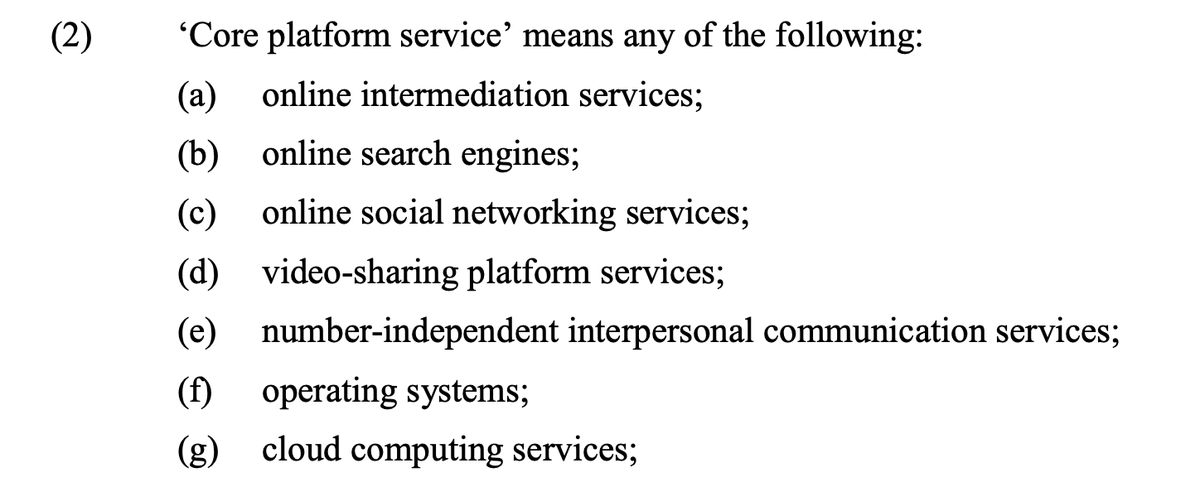
As expected. France not a fan of fundamental rights.
https://twitter.com/laukaya/status/1381590874920980482
i’d expect this desire for change to be bundled in w a post-pandemic treaty ostensibly made under those motivations. and hungary/poland demands. in Ireland could potentially be sold to the public based on future EU legal outcomes relating to the murder of Elaine O’Hara? (Dwyer)
https://twitter.com/antoin/status/1381593859420008451
• • •
Missing some Tweet in this thread? You can try to
force a refresh









